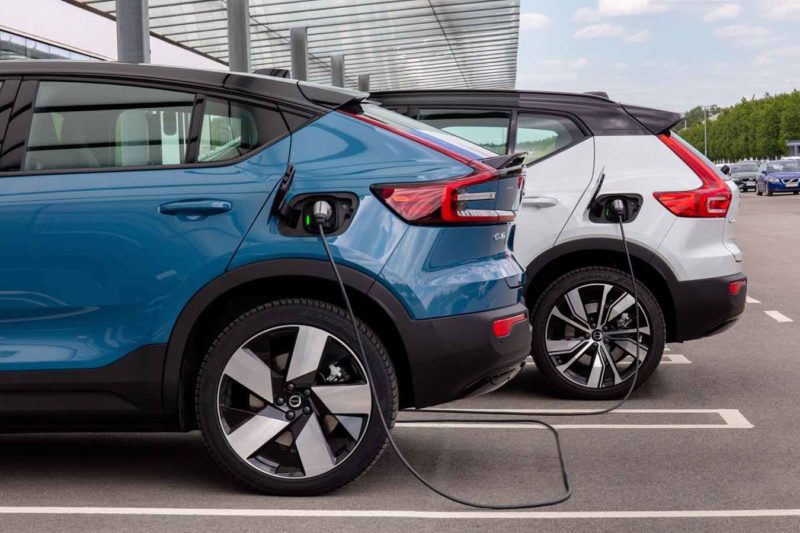Electric vehicle sales have been so popular in Sweden this year that financial incentives put in place to encourage adoption have been almost entirely exhausted, causing the local transport agency to pause payments.
An explosion in EV sales has seen claims for the 70,000 Swedish krona (about $A11,000) rebate dried up the nearly 3 billion krona ($A460 million) fund in August.
That’s two months earlier than in 2020 when the government had only put aside 1.8 billion krona ($A286 million) before having to top up the coffers.
Scandinavian countries lead the way in the transition to electric mobility. Norway, with three decades of policy designed to encourage people to buy EVs, is undisputedly the global leader on market share with more than eight out of 10 car sales now electric.
But Swedish sales took off in June, resulting in battery-electric cars accounting for one in four car sales, and pluggable cars overall accounting for half of all sales.

Until the scheme was paused, anyone buying a new car with less than 60g/km CO2 emissions in Sweden was entitled to a climate bonus. Buyers of all-electric cars were eligible for the entire pot of 70,000 krona, while buyers of plug-in hybrids who meet the emission criterion could be reimbursed up to 45,000 krona.
Up until the start of April 2021, the ceiling on the EV bonus sat at 60,000 krona (about $A9,500). After the bonus rose, EV sales took off.
“It has become a completely different climate in the media around electric cars,” said Magnus Johansson, leader of Electric Car Sweden, said regarding the increased electric car sales in Sweden according to elbil.no.
“We see that there is an increase, not only in the cities, but also in the districts,” Johansson said.
The question now is what happens with buyers who have purchased an EV but have not yet been able to claim their bonus.
“We have no information at present about new budget decisions, but when we receive new grants, we will resume work on paying out climate bonuses. Those who have already submitted an application remain in the queue,” Mats Einarsson of the Swedish Transport Agency said in a press release.

Bridie Schmidt is associate editor for The Driven, sister site of Renew Economy. She has been writing about electric vehicles since 2018, and has a keen interest in the role that zero-emissions transport has to play in sustainability. She has participated in podcasts such as Download This Show with Marc Fennell and Shirtloads of Science with Karl Kruszelnicki and is co-organiser of the Northern Rivers Electric Vehicle Forum. Bridie also owns a Tesla Model Y and has it available for hire on evee.com.au.


